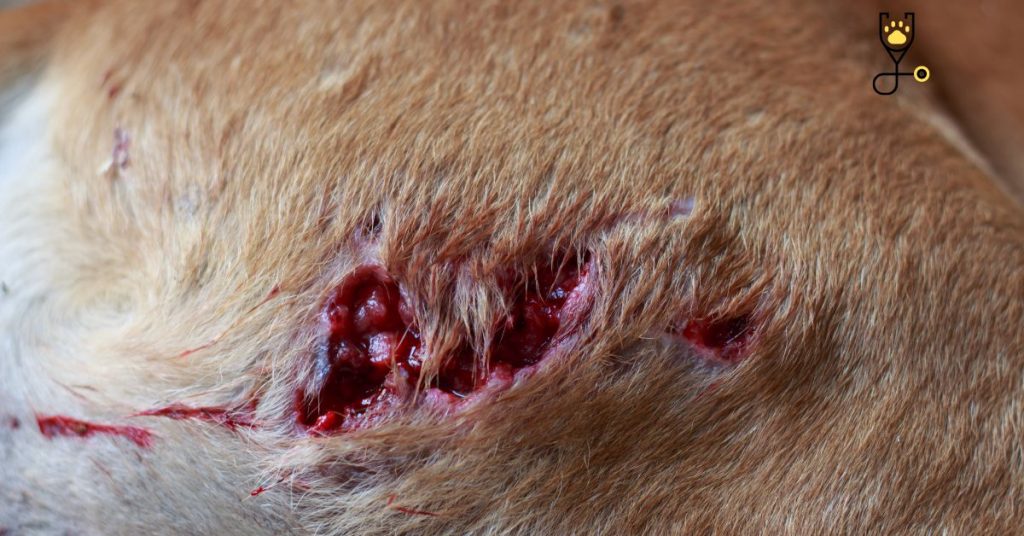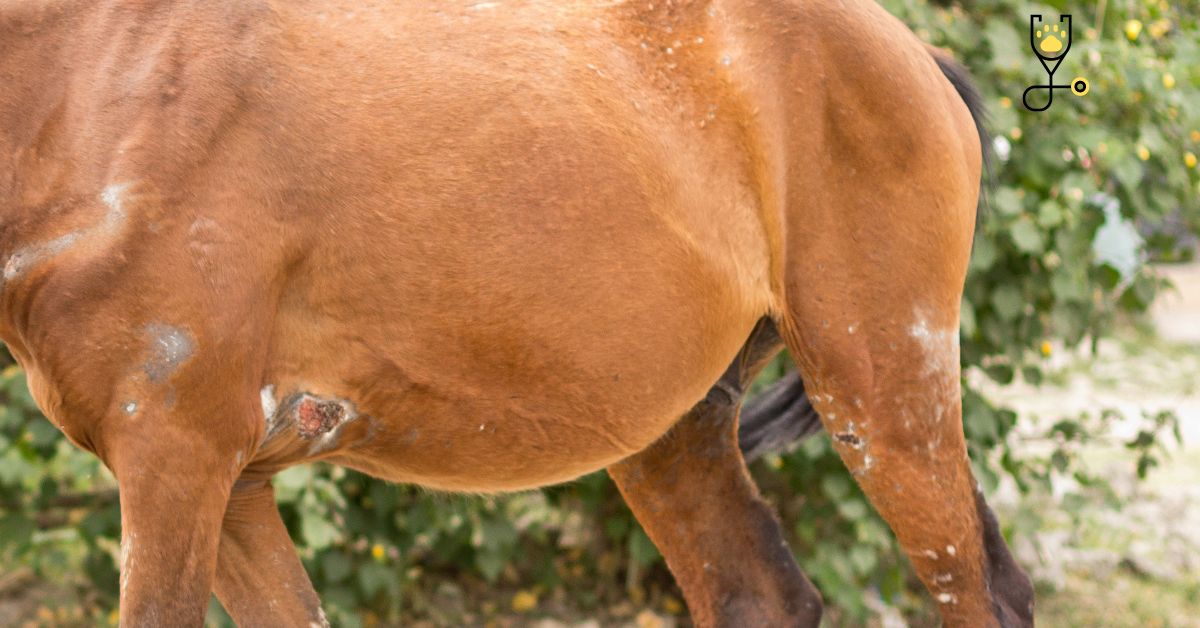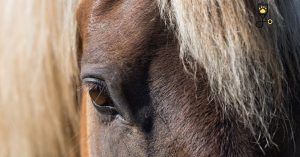There are many minor horse wounds that can be treated at home if you have the right supplies and know what to do. This guide will teach you how to treat cuts, scrapes, and other small injuries. By knowing how to properly care for your horse’s wounds, you can help them heal quickly and prevent infection. Thanks for reading!
1. Cuts
Cuts can be caused by a variety of things, including running into sharp objects, wire fences, and even bites from other horses. When treating a cut on your horse, the first thing you want to do is clean it with an antiseptic solution or mild soap and water. Use gauze or cotton pads to gently dab the wound until there’s no more blood coming out. Apply antibacterial ointment and then use a non-stick bandage to cover the area. Lastly, keep an eye on the wound so that you can change the dressing when necessary.

2. Scrapes
Scrapes are shallow wounds that usually occur when a horse rubs against an object or other animal. To treat a scrape, start by gently cleaning the wound with mild soap and water or an antiseptic solution. Apply an antibacterial ointment to the area and cover it up with a non-stick bandage. Once again, keep an eye on the area for any signs of infection or excessive bleeding.
3. Bruises and Strains
Bruises can happen from falls, kicks, or contact with hard objects. Strains tend to be caused by overexertion or overstretching of muscles. In either case, rest is key in treating these injuries – your horse needs time to heal and should be kept in a safe, low-stress environment while they do so. Ice packs can be used to help reduce swelling, and anti-inflammatories or painkillers may be prescribed by your veterinarian.

4. Puncture Wounds
Puncture wounds are caused by sharp objects, such as nails, tacks, or pieces of metal. These types of wounds need to be assessed and treated quickly in order to prevent infection. Start by cleaning the wound with an antiseptic solution and then applying a topical antibiotic ointment. Cover it up with a non-stick bandage and keep an eye on it for any signs of trouble. You should also contact your veterinarian immediately if the wound is deep or not healing properly.
5. Insect Bites
Insect bites can be painful and cause swelling, itching, and redness. To treat insect bites, you should apply a topical ointment or anti-itch cream to the area. You may also need to administer an antibiotic if there is any sign of infection.
6. deep lacerations
Deep lacerations are serious wounds that require immediate attention. Treat these types of wounds by cleaning the area with an antiseptic solution and then applying a topical antibiotic ointment. You should also cover it up with a non-stick bandage and keep a close eye on it for any signs of infection or excessive bleeding. Lastly, contact your veterinarian immediately if the wound is not healing properly or if you have any concerns about it.

7. Saddle Sores
Saddle sores are caused by friction and constant pressure from the saddle against the horse’s skin. To treat these, apply a topical ointment or anti-itch cream to the area and then cover it with a non-stick bandage. You can also use padded liners and other protective materials in the saddle to reduce further irritation.
8. Hoof Injuries
Hoof injuries often occur due to improper hoof care or too much wear and tear on the hoof itself. Apply an antiseptic solution to the wound and cover it with a non-stick bandage to prevent infection. You should also contact your veterinarian immediately if you have any concerns about your horse’s hooves.
Conclusion
In conclusion, it is important to take proper care of your horse’s injuries, no matter how small or large. Treating the wound quickly and properly can help prevent infection and further complications. If you ever have any concerns about your horse’s health or safety, be sure to contact your veterinarian immediately. With the right care and attention, you can ensure that your horse remains healthy and happy for years to come!
Frequently Ask Question
Q: What should I do if my horse has a wound?
A: For any type of wound, start by cleaning the area with an antiseptic solution and then applying a topical antibiotic ointment. Cover it up with a non-stick bandage to protect the area from further infection. If the wound is deep or not healing properly, contact your veterinarian immediately.
Q: How can I prevent injuries in my horse?
A: You can help prevent injuries in your horse by conducting regular hoof care, providing plenty of rest, maintaining proper nutrition, and avoiding overexertion. Additionally, you should always use protective gear when riding or working with horses and practice safe equestrian activities on a regular basis.
Q: What should I do if my horse has an insect bite?
A: For insect bites, you should apply a topical ointment or anti-itch cream to the area and administer an antibiotic if there is any sign of infection. You should also contact your veterinarian immediately if you are concerned about the wound.
Q: How do I treat a hoof injury?
A: To treat a hoof injury, you should apply an antiseptic solution to the wound and cover it with a non-stick bandage. You may also need to contact your veterinarian immediately if you have any concerns about your horse’s hooves. Additionally, it is important to conduct regular hoof care in order to prevent further injuries.
Q: How can I protect my horse from saddle sores?
A: To protect your horse from saddle sores, you should apply a topical ointment or anti-itch cream to the area and then cover it with a non-stick bandage. Additionally, you can use padded liners and other protective materials in the saddle to reduce further irritation. Finally, be sure to practice safe equestrian activities on a regular basis and take proper breaks when riding.




